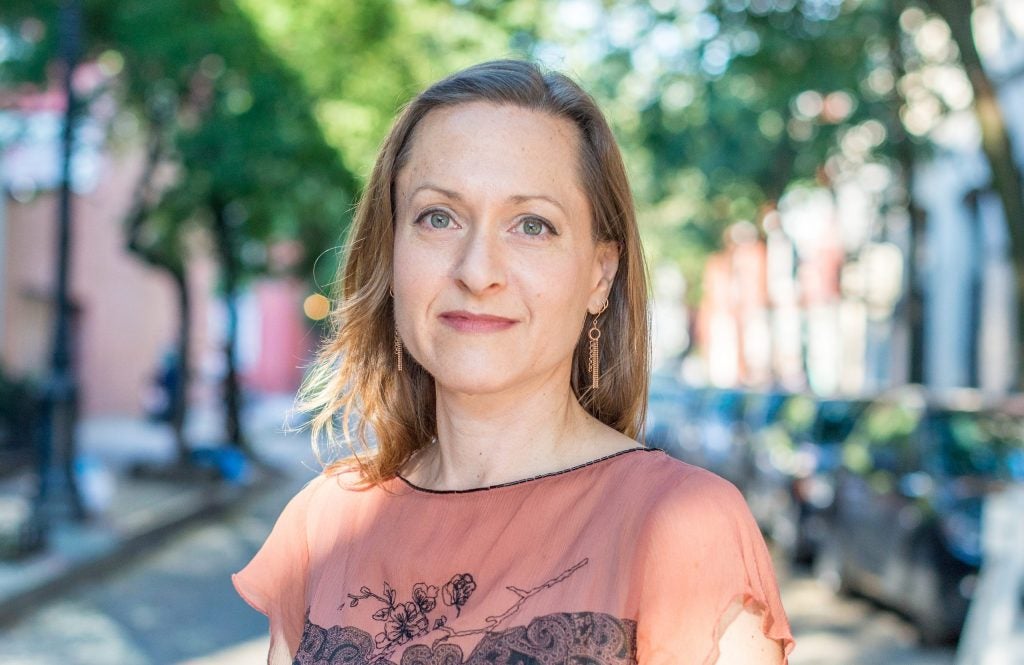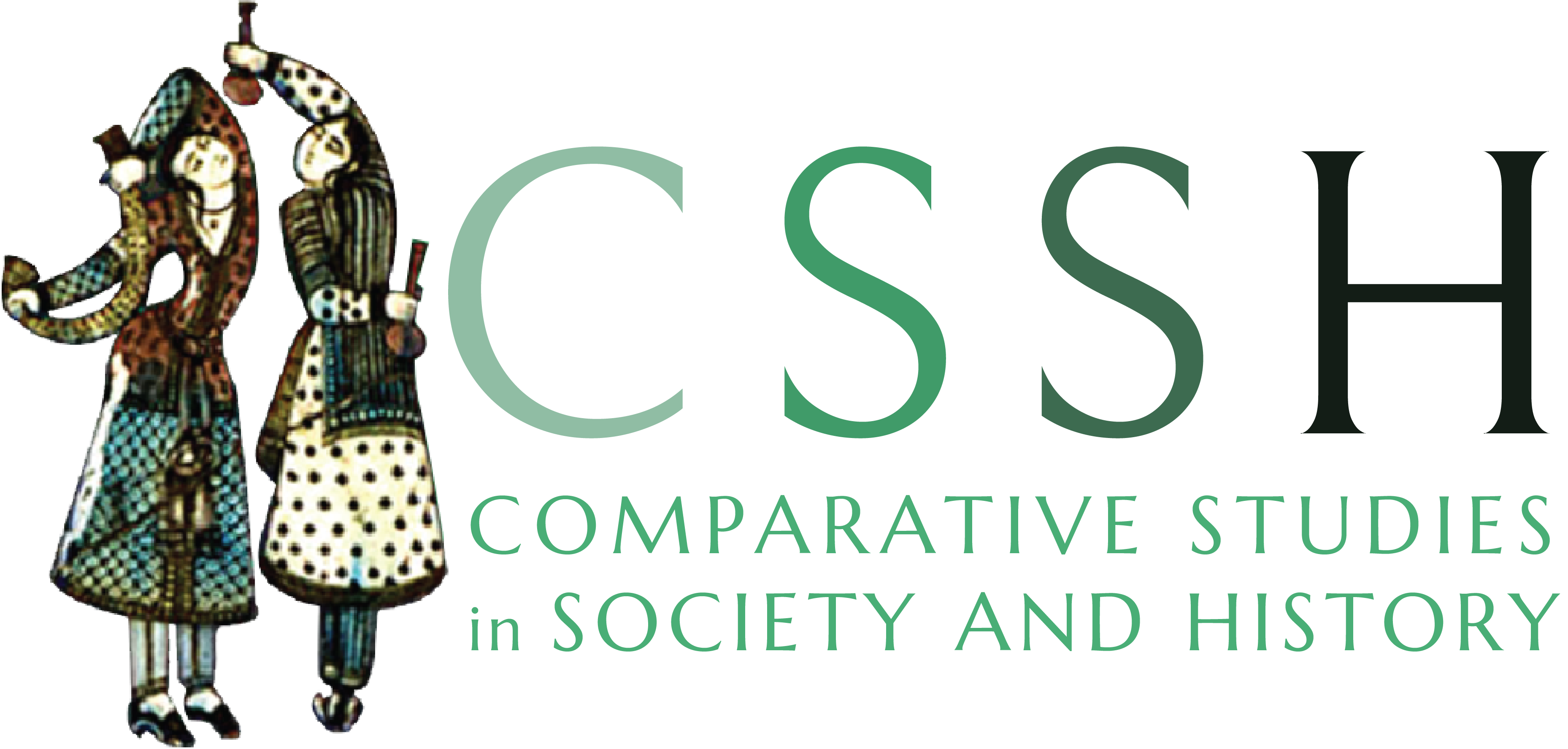CSSH is delighted to bestow the 2021 Jack Goody Award upon David Mosse for his manuscript, “Outside Caste? The Enclosure of Caste and Claims to Castelessness in India and the United Kingdom” (CSSH 62-1).

The panel of judges, comprised of Karen Barkey, 2019 Jack Goody Award winner Andrew Canessa, and Dan Smail, praised the essay as follows:
David Mosse’s “Outside Caste? The Enclosure of Caste and Claims to Castelessness in India and the United Kingdom,” is a brilliant comparative study evenly grounded in ethnographic and historical analysis. The author addresses a classic problem in social policy that arises whenever policies directed against social oppression clash with respect for cultural autonomy. The careful discussion of the way in which caste is enclosed in notions of religion and nation makes it possible to dismiss critiques based on justice and equality, and illustrates how religion, and more importantly cultural difference, cannot easily be squared with liberal egalitarian notions. Mosse shows the way Hindu élites have dismissed global critiques of the prejudices directed toward Dalits on the grounds that those critiques emanate from an orientalized concept of “caste” that has been imposed on India as an element of imperial epistemological colonization. The analytical twist that Mosse brings to light so powerfully is the real-time contradiction Hindu élites get away with; both embedding caste into Hindu religion and nation and arguing at the same time that it was a result of a colonial description of the other. Close and deep reading reveals hidden gems of ethnographic analysis and a breathtaking sensitivity to the importance of historical details. The author gracefully moves between his empirical narrative and the larger analytical argument, contributing to both the questions of the role of “caste” in society and questions of social policy vis-à-vis cultural difference.
To hear more about the essay, enjoy this Under the Rubric conversation between David Mosse, Michal Kravel-Tovi, and CSSH‘s Andrew Shryock.
The panel also recognized Amy Chazkel‘s “Toward a History of Rights in the City at Night: Making and Breaking the Nightly Curfew in 19th-Century Rio de Janeiro” with an Honorable Mention.

About the winning authors:
David Mosse is Professor of Social Anthropology at SOAS University of London. His research ranges across the anthropology of religion, the environment, international development, and mental healthcare. He is author of The Saint in the Banyan Tree: Christianity and Caste Society in India (University of California Press, 2012); Cultivating Development: An Ethnography of Aid Policy and Practice (Pluto Press, 2005) ; and The Rule of Water: Statecraft, Ecology and Collective Action in South India (Oxford University Press, 2003). He recently undertook a collaborative research project, “Caste out of Development,” concerned with civil society activism and transnational advocacy for Dalit rights and development. He is currently engaged in anthropological research on psychiatric crisis care.
Amy Chazkel is the Bernard Hirschhorn Associate Professor of Urban Studies in the Department of History at Columbia University. As a historian who specializes in Brazil, her work falls at the intersection of urban and sociolegal history, with a particular interest in the long process of the criminalization of everyday life. Her research has resulted in publications on urban slavery, the history of prisons, the suppression of petty gambling and the informal sector, the history of policing and the study of places and times without police, among other subjects. She is the author of Laws of Chance: Brazil’s Clandestine Lottery and the Making of Urban Public Life in Brazil (Duke University Press, 2011), which was published in Portuguese as Leis da sorte: O jogo do bicho e a construção da via pública urbana (Editora da Unicamp, 2014). She is also the co-editor of The Rio de Janeiro Reader: History, Culture, Politics (Duke University Press, 2016). Currently, she is completing “Rio de Janeiro and the Politics of Nightfall” (Oxford University Press), a book that explores the history of the urban nighttime from the perspective of nineteenth-century Rio de Janeiro. She is part of the Radical History Review Editorial Collective.
Congratulations to David Mosse and Amy Chazkel! Learn more about CSSH‘s Jack Goody Award here.


